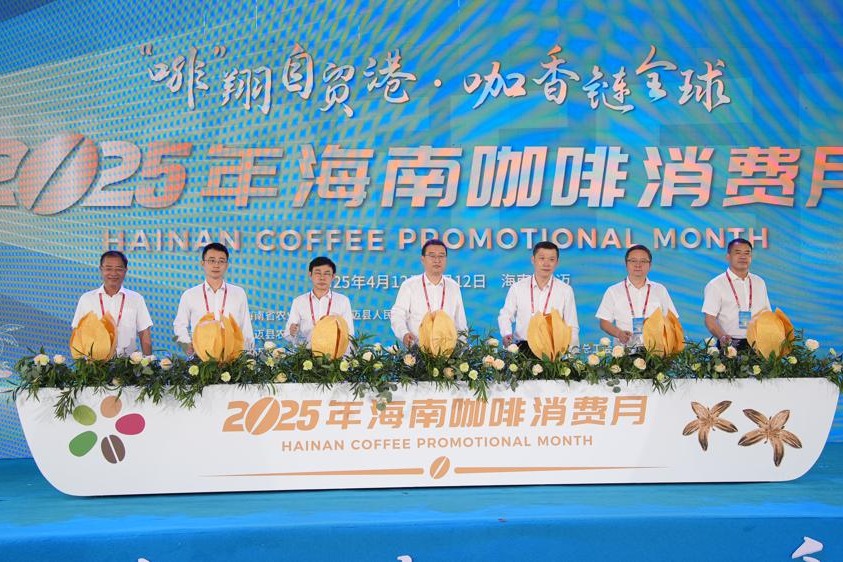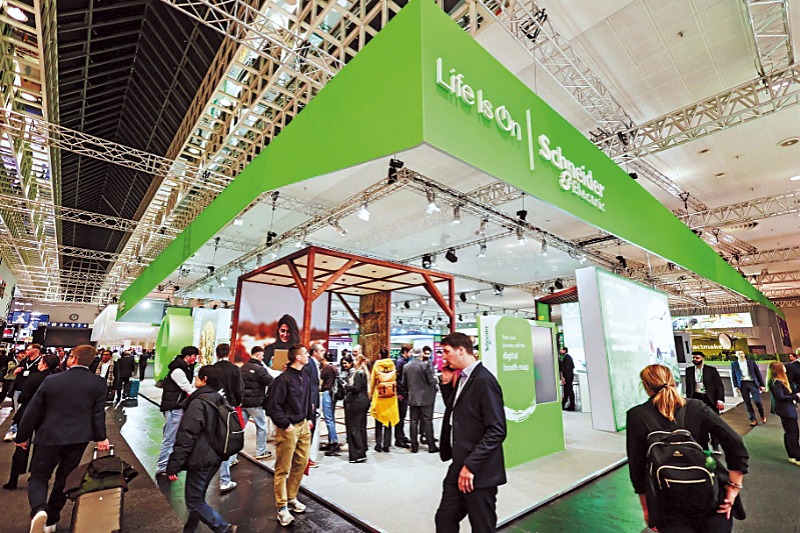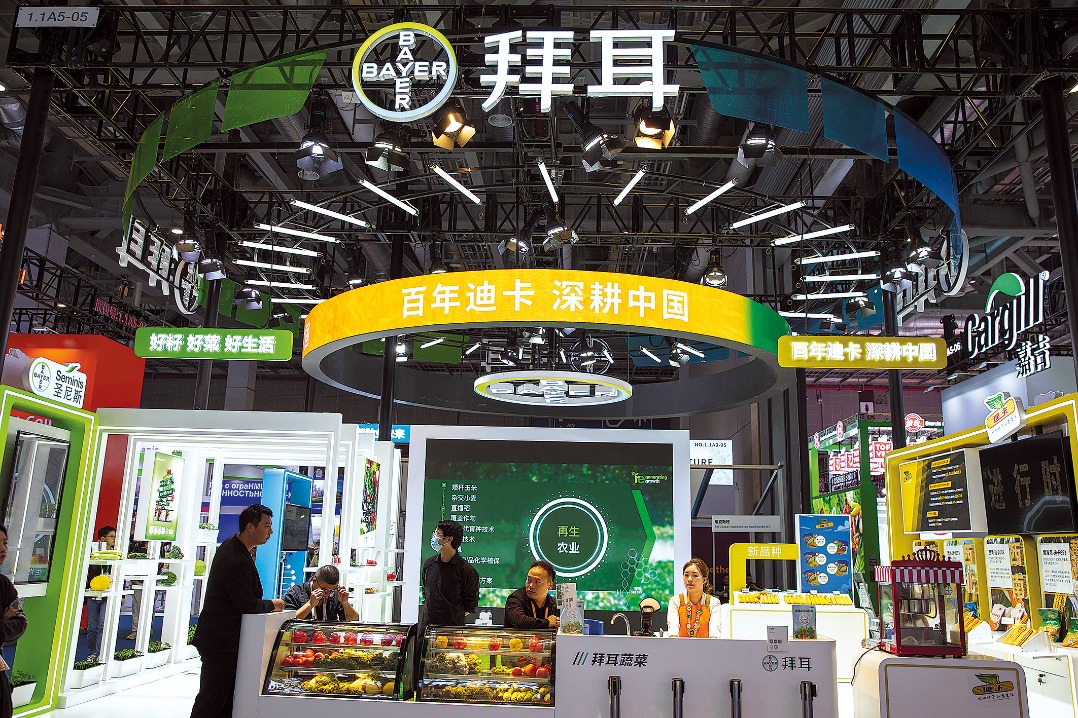DHL chief says duties to boost Sino-EU biz ties


Editor's Note: China's top leadership met with more than 40 representatives of the international business community in Beijing on March 28. The key message sent was clear — China has been and will remain an ideal, secure and promising destination for foreign investors, and that investing in China is investing in the future. China Daily reporters interviewed some of the executives of the multinationals who attended the meeting. The following stories tell why the global business leaders firmly believe that China's development is the core driving force of the world's economy, and offers exciting, vast opportunities and stellar growth potential.
The United States' tariff hikes will provide ample opportunities for closer cooperation between China and the European Union, and adversely impact the competitiveness of US exports while creating opportunities for others, said a top executive of a German logistics service provider.
Since US President Donald Trump took office in late January, Washington has repeatedly imposed additional tariffs on China, alongside "reciprocal tariffs" targeting many economies. These measures have sparked notable disruptions in global trade and prompted strong reactions from several governments.
While some differences undoubtedly exist, there are areas of strong common interest such as the fight against global warming, supporting free trade and maintaining multilateral systems, said Tobias Meyer, CEO of DHL Group.
The German company currently employs more than 602,000 people in over 200 countries and regions. Its sales revenue stood at 84.2 billion euros ($95.86 billion) in 2024.
As this year marks the 50th anniversary of diplomatic relations between China and the European Union, Meyer said that both sides — as major trade and investment partners to each other — have more opportunities to engage in increased cooperative activities.
"We are strong believers in the benefits of free trade, which allows people access to technology, medical products and affordable goods," said Meyer, adding that DHL has also seen the tremendously positive effects of export-led economic development — also in China. However, such a system also requires large exporters to open their markets.
"Against this backdrop, we expect that China's trade with the global market, excluding the US, will continue to expand," he added.
Sharing similar views, Jens Eskelund, president of the European Union Chamber of Commerce in China, said the US is increasingly retreating from many of the principles that once shaped its approach to global trade and investment, creating unprecedented uncertainty in the global economy.
Therefore, China has the chance to establish a business environment that can provide the stability and reliability that investors require, said Eskelund.
Highlighting that China is a large market, both for private consumption and for industrial goods, Meyer said that the depth and cost competitiveness of China's manufacturing value chains make it an attractive location for many of DHL's customers.
"We see the commitment to further opening-up positively, especially in the current global environment. China and many countries have greatly benefited from free trade and the opening-up of markets," said Meyer.
Eager to further expand its service network in China, DHL put a service center into operation in Ganzhou, Jiangxi province, on April 8. This move aims to meet the needs of its customers in the electronic information industry in the eastern Chinese province.
"We noticed Chinese companies are accelerating their push for global expansion, driven by national strategies, capital flows and the shifting of global supply chains. This represents a big opportunity for DHL," said Meyer.
Aiming to bypass the commoditization and price pressures imposed by distributors and wholesalers, DHL has been active in assisting manufacturing companies in selling their products directly to small businesses and consumers in China and abroad, enabling its customers to establish and manage global distribution and manufacturing supply chains more effectively.
For instance, the Bonn, Germany-based company signed a memorandum of understanding with Temu, the cross-border e-commerce platform launched by Chinese online discounter PDD Holdings, to deepen cooperation and further expand their partnership in early April.





































